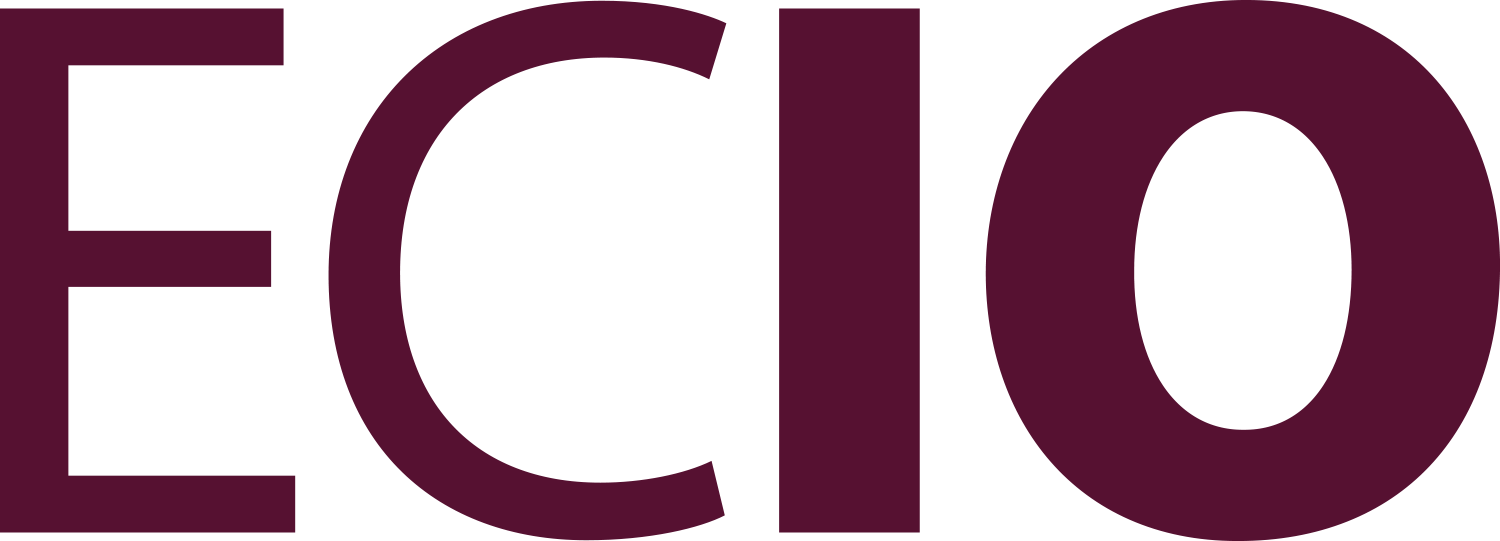Most-watched scientific paper presentation
We talked to Eric Errampalli, presenting author of the most-watched ECIO 2024 scientific paper presentation, Assessing nanophotosensitizer hepatocellular carcinoma (HCC) in vivo uptake and cytotoxicity as a candidate platform to enhance Y90 radioembolization, to find out more about his research and his experience presenting at ECIO.
The abstract you submitted for ECIO 2024 on assessing nanophotosensitizer hepatocellular carcinoma (HCC) in vivo uptake and cytotoxicity as a candidate platform to enhance Y90 radioembolization was one of the highest rated by the Scientific Programme Committee. It is particularly noteworthy that you have managed this standard of excellence considering that you are still in med school. What do you think made it stand out?
Errampalli: I would like to thank the Scientific Programme Committee for their evaluation of our team’s project. I surmise the clinical implications of our basic science study caught the attention of the reviewers. Y90 radioembolization therapy has helped establish interventional oncology as a strong pillar for cancer care. Our team’s interest in enhancing this therapy through nanophotosensitizers has the potential to meaningfully improve patient outcomes. The novelty of our ambitions echoes the spirit of innovation inherent in interventional radiology. I thank our research team for their tremendous mentorship to help shape this project from start to finish.
Your presentation at ECIO 2024 was the most viewed of all the scientific papers presentations at the congress. What feedback have you received personally on the lecture?
Errampalli: I am thrilled that our lecture was well-received at the conference. As this was my first oral presentation at a major conference, my research mentor played a vital role in helping me present the data in a cohesive narrative that engages the audience. The enthusiasm that drove our research also fueled my ability to connect with the audience and communicate the relevance of our findings. I received positive feedback on the lecture and hope to continue contributing to the interventional oncology field.
Do you feel giving this presentation at ECIO 2024 has impacted your consideration for future career options?
Errampalli: The lecture reinforced my passion for interventional radiology and deepened my appreciation for how scientific innovation can directly impact patient care. Presenting research that could potentially reshape treatment strategies, like enhancing Y90 radioembolization, was incredibly motivating. It gave me a firsthand look at how IR combines technology, patient care, and cutting-edge research to address complex clinical challenges. This experience has further solidified my commitment to pursuing IR, where I hope to contribute to ongoing advances in the field.
Will you continue to further research ways to enhance Y90 radioembolization? What’s next?
Errampalli: Yes, I’m eager to continue exploring this area. As I’m currently applying to IR residency programs, my immediate focus in research may shift based on my clinical training, but I hope to continue investigating the underlying mechanisms behind the variable responses we’re seeing with our nanophotosensitizers for certain tumor cell lines.
Do you have any tips for young physicians on what to watch out for when submitting their first abstract?
Errampalli: My advice is to make sure your abstract presents a clear and compelling narrative. Focus on why your work matters, what makes it innovative, and how it fits within the broader clinical or scientific context. I also recommend working closely with mentors—they can help refine your ideas, spot potential issues, and ensure you present your research in the best light.
Are you planning to submit another abstract for ECIO 2025?
Errampalli: Though I will not be submitting an abstract for ECIO 2025, I am excited to learn from the presentations at this upcoming conference. As I progress in my research and clinical training, I am excited about the potential to contribute to future conferences. My experience at ECIO 2024, meeting leading experts and hearing about cutting-edge advancements, gives me great hope for the future of interventional oncology.


